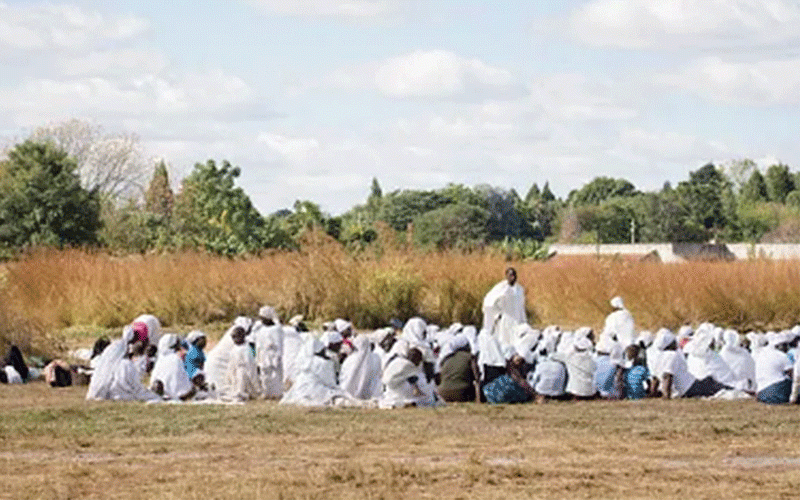
STEVE Zhao, director of the China Zimbabwe Exchange Centre (CZEC) says his institution is a private voluntary organisation focused on uplifting youths through scholarships, exchange programmes and economic and investment promotion.
CZEC also prioritises strengthening the friendly relations between China and Zimbabwe.
Recently Zhao explained to NewsDay Life & Style: “Zimbabwean culture is very rich and diversified and has lots of similarities to that of China.
The Chinese, to be honest, have a more advanced approach to cultural upliftment which we would like to share with Zimbabwe. We would like to have a shared future through our programme the Dream Star Talent Scouting Programme, and help in the protection of the Zimbabwean cultural heritage such as music instruments like mbira, marimba and traditional dances.
“We always strive to make an effort that people do not get lost in the process of transmitting and adopting culture through the prevailing usage of internet-based technologies. As an example, the way Africans incorporate or embrace prominent computerised music such as dancehall, hip-hop and the like can be accepted as entrepreneurial innovation, but resultantly have a bearing on cultural amnesia. People, a nation, must have strength to shape its cultural growth and preserve it for the good of its own people.
“Culture is one of the icons for identifying people and we wish to uplift the development of local languages like Shona, Ndebele, Tonga and the like. Since 2015 we have taken more than 10 cultural ensembles which totals to more than 300 artistes from communities and colleges on cultural exchange programmes.
Zhao believes information technology can help to transmit accurate cultural values, economic gains as well as improving access to information.
“Cultural exchange programmes help us to visualise the state of development of culture as well as refining it for the purposes of modern usage. One of reasons we take creatives to China is simply because we wish to have them learn and grasp technicalities on how China developed its cultural and creative industry for commercial viability.
- Use art to express feelings and life aspirations: Zhao
- ‘Culture an icon of nation’s identity’
- A call for entries to charity painting competition
Keep Reading
“We always believe that culture is not a one person’s issue, but a whole of government commitment and obligation. In China, we have several funding partners for culture which comes from the government, private companies and volunteer organisations,” he said, while imploring Zimbabwean captains of industry and private voluntary organisations to embrace creative works in business ventures so that there is a shared vision for the future.
“We need to strategise on building national identity so that Zimbabweans will be able to freely use their cultural values and artifacts for the purposes of identity. We need to budget money, set strategy and lay out a good communication strategy that will be accessed by everyone ... Like I said culture is not a one person’s ...So, we need everyone to contribute to the growth of the culture industry ... Without souls the nation cannot move. Taking our own Republic of China as an example, culture played a very important role in the development of our people. The cultural industry is not about making huge amounts of money, but bringing people to think as a nation, pushing things together in oneness,” he added.







